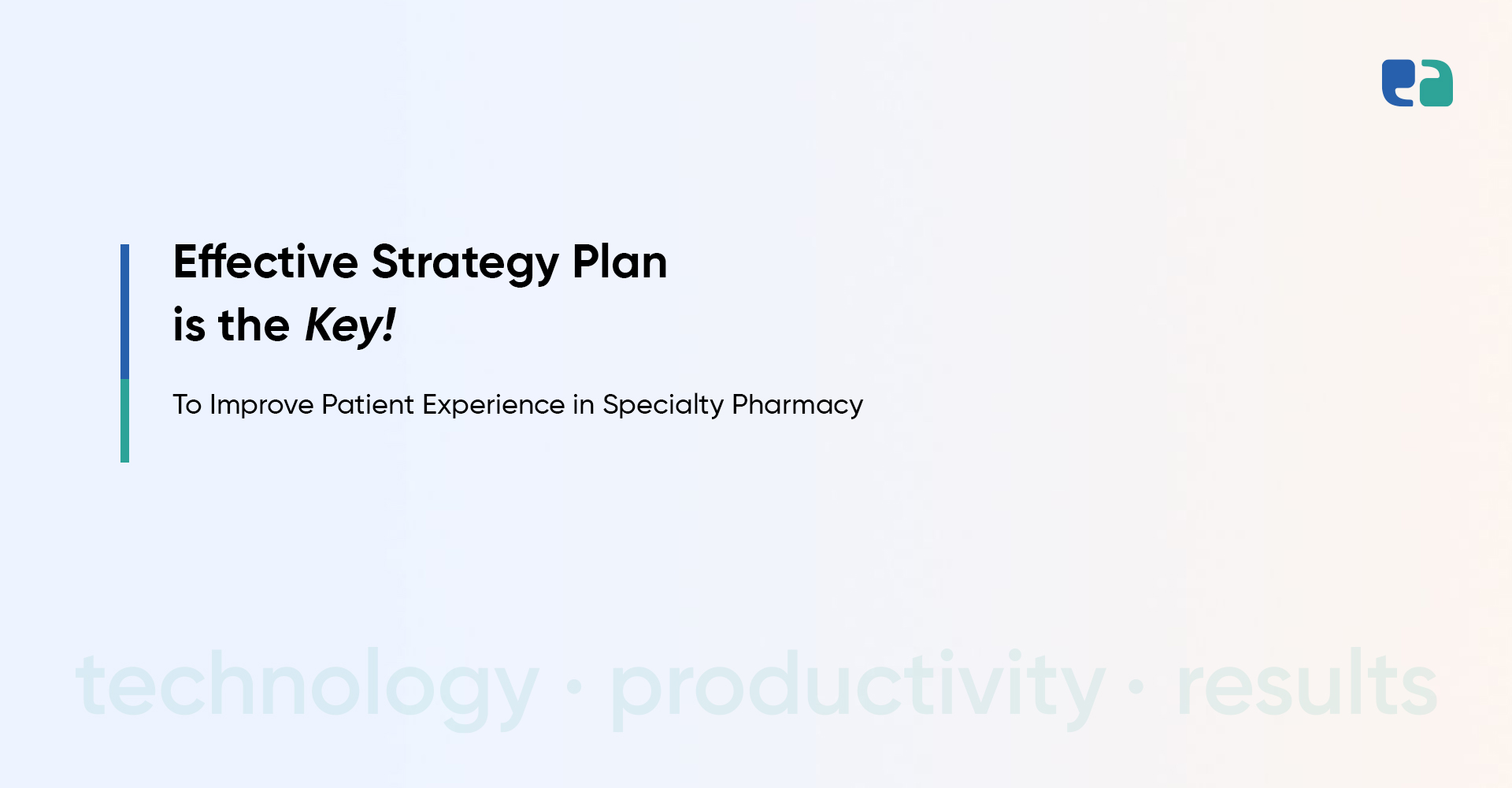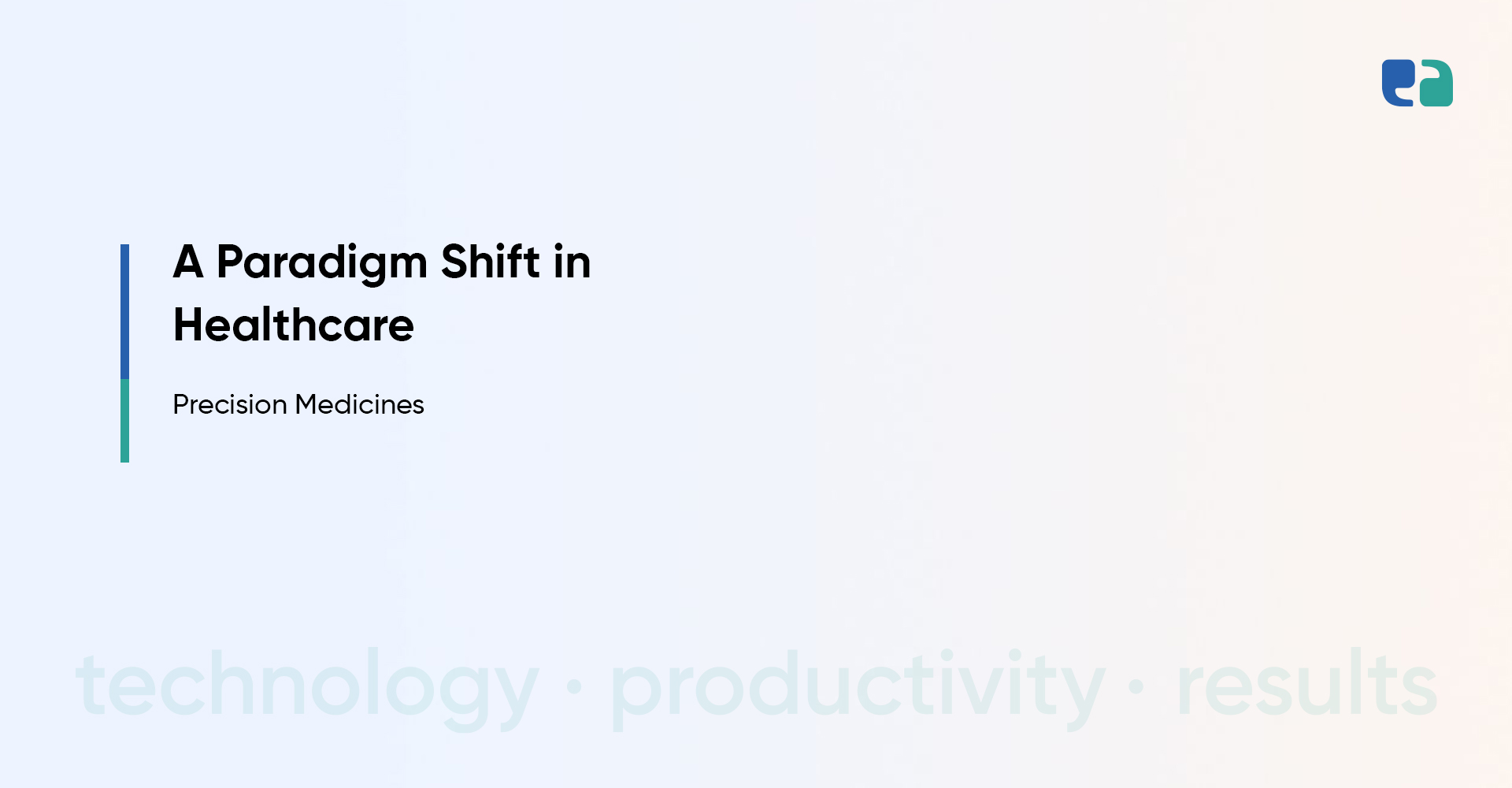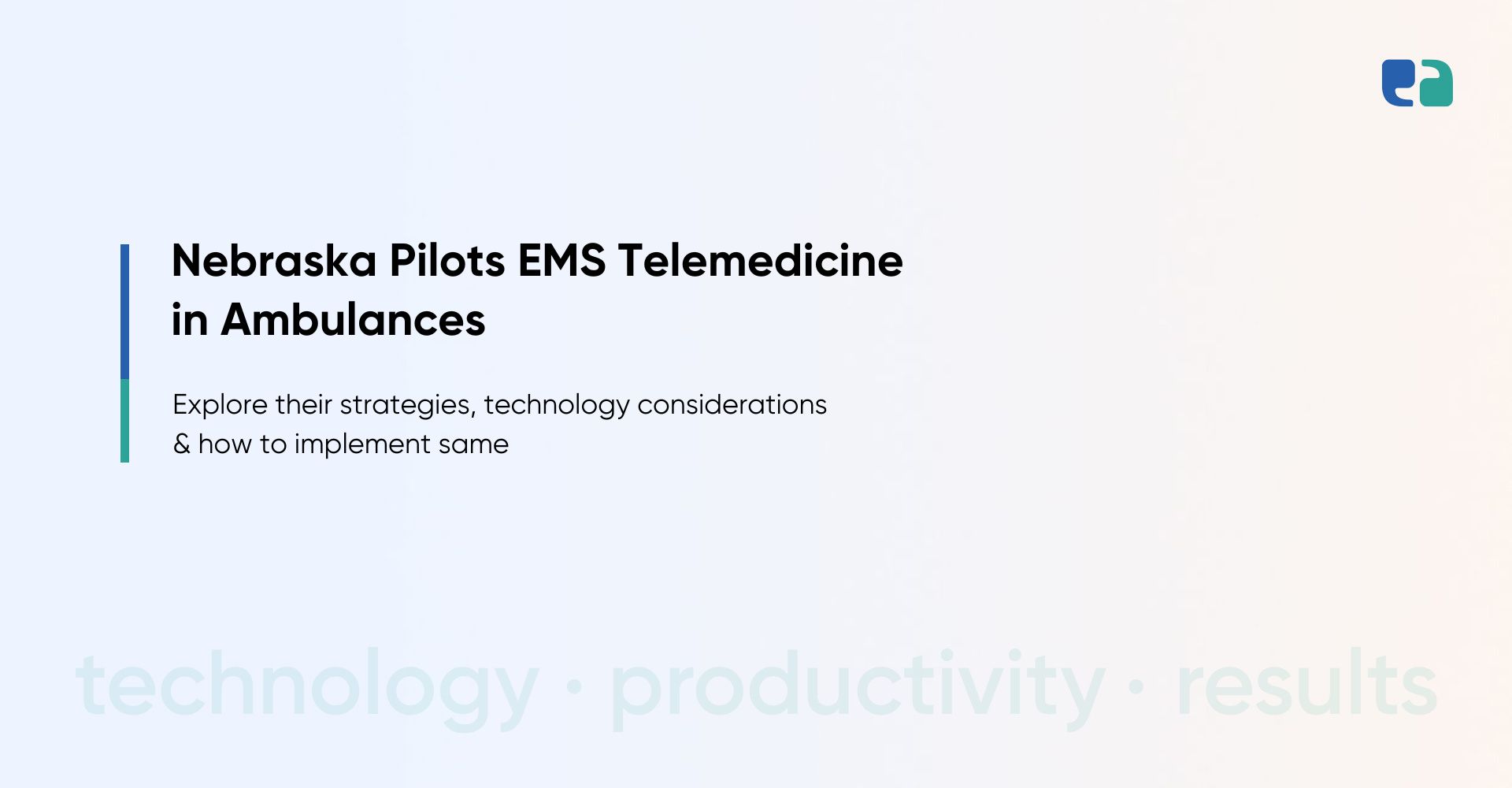Providing comprehensive and personalized care is paramount in the healthcare industry.
One factor that plays a crucial role in delivering optimal patient outcomes is the partnership between healthcare providers and specialty pharmacies.
These specialized pharmacies offer a range of services tailored to patients with complex conditions, ensuring they receive the needed
- Medications
- Support
- Education
Let us first understand the factors that make specialty medicines different from traditional medicines.
Factors That Make Specialty Medicines Different from Traditional Medicines
How Can a Specialty Pharmacy Assist in Improving Patient Experience?
Specialty pharmacy plays a crucial role in improving the overall patient experience by providing specialized services and support tailored to the unique needs of patients using specialty medications.
Here are several ways in which specialty pharmacy enhances the patient experience:
Specialty pharmacy provides a lot of benefits to the patients and the providers.
With the use of technology, the number of benefits can increase rapidly.
Effective Methods of Using Technology To Improve Patient Experience
Technology can play a significant role in enhancing the patient experience within a specialty pharmacy.

Upgrade Your Specialty Pharmacy with Advanced Technological Solutions
By incorporating technological advancements, a specialty pharmacy can streamline operational processes and improve
- Patient engagement
- Communication
- Convenience
- Adherence
The effective use of technology enhances the overall patient experience, leading to improved treatment outcomes, patient satisfaction, and better healthcare delivery.
SyS Creations can be your go-to partner when it comes to developing specialty pharmacy software that puts the patient experience at the forefront.
We, at SyS Creations, are delivering specialty software solutions tailored to the unique needs of our clients.
We understand the unique challenges faced by a specialty pharmacy and are well-equipped to address them effectively.



